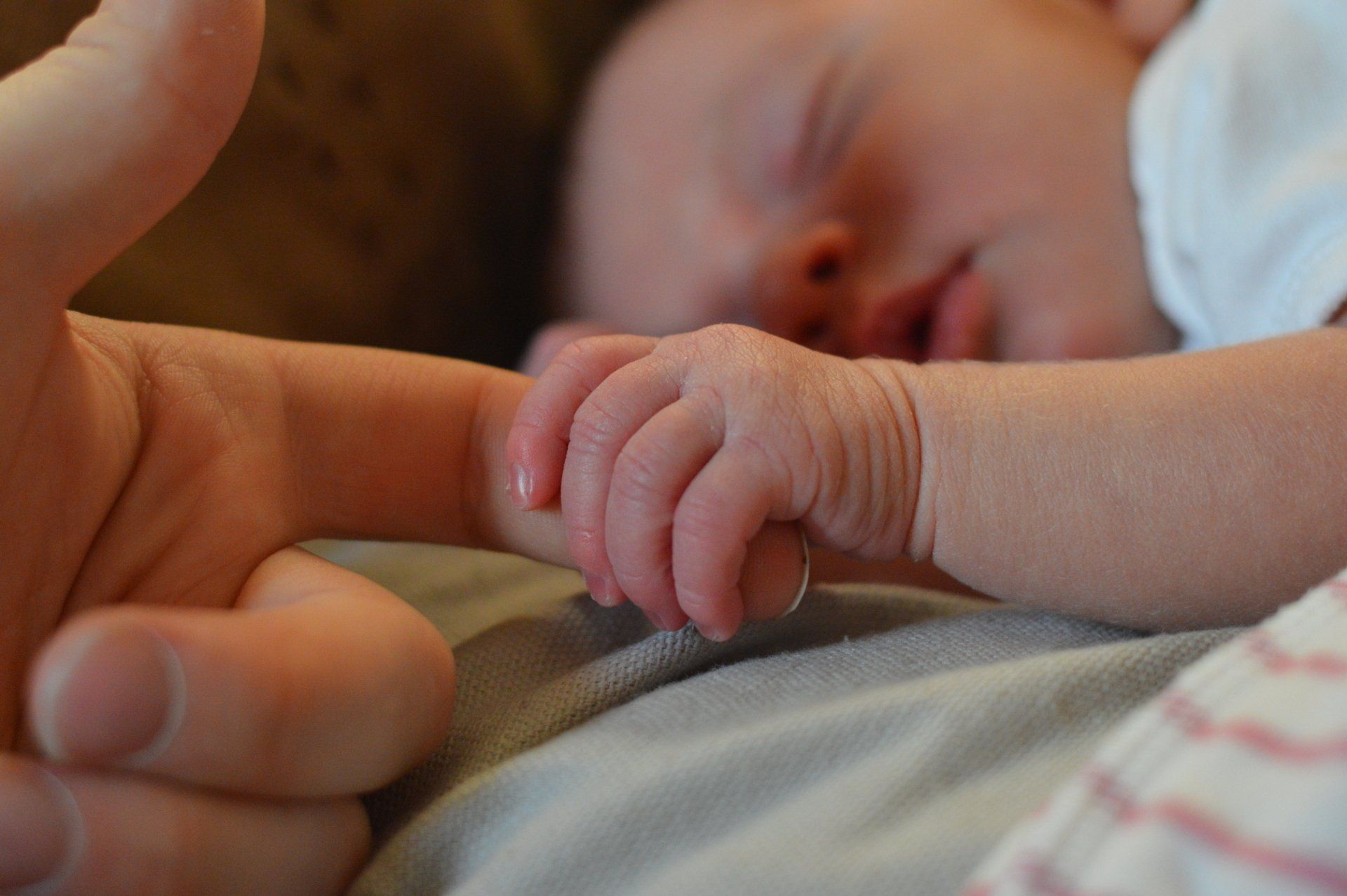INFANT REFLUX: SOMETHING TO WORRY ABOUT?
Infant reflux (when your baby spits up), is completely normal.
We often scale it at mild, moderate or severe. Most infants experience it and with the exception of a few very specific cases, it is not a sign of any serious health issue.
WHY IT HAPPENS
The esophagus is a long tube that carries food from the mouth to the stomach. At the lower part where it joins the stomach, there is a ring of muscle called the LES (lower esophageal sphincter). What this ring does is that it squeezes the esophagus closed so that stomach contents can’t flow back up.
In adults, this ring of muscle stays closed by default and opens when we swallow to let food into the stomach. But in babies, the muscle is still so weak that it can’t stay closed most of the time. Stomach contents can reenter the esophagus and get vomited out. For adults, this can be painful and cause what we call “heartburn”. This is because the acid from our stomach burns the inside of our esophagus, but baby’s stomach acid is far less corrosive and causes far less pain.
This form of reflux occurs in healthy babies multiple times a day, more often if they are premature. Generally, the problem goes away as they get older and it’s rare for a baby to still experience it after two years of age.
WHEN TO WORRY
- You should contact a doctor if:
- Your baby continues spitting up after two years of age.
- Your baby vomits forcefully, projecting stomach contents in a stream (projectile vomiting).
- The fluid they spit up is green, yellow, has blood or a substance that looks like coffee grounds in it.
- They have blood in their stool.
- They have breathing difficulty or a chronic cough.
- Eating makes them irritable.
- They start refusing to eat.
These are indications that your baby could have an underlying health condition like an allergy or GERD.
GERD is essentially a disorder of the LES that causes it not to close properly when it’s supposed to.
HOW TO MANAGE INFANT REFLUX
Try to keep your baby upright for thirty minutes after feeding them. This will give them a chance to digest some of the food and will decrease the chances of it coming back up.
Infant reflux can cause your baby to have disturbed sleep. Try to feed your baby long before bedtime. This will give them a chance to fully digest the food before they go to bed burp your baby often, both during and after feeding.
Sometimes extra air gets into their stomach when they feed.
When the air comes out it can bring stomach contents with it, especially if they are laying down. Place a cloth over your shoulder and hold your baby so that their chest is rested on that shoulder, then gently tap them on the back moving up and down the centerline.
Avoid vigorous play directly after feeding.
Remember, it is completely normal and can’t be completely avoided, but hopefully these tips can help you manage it better.
Share this post
Recent Posts


Leave your little one's health in good hands.
Track your child's growth and development, or assess arising health issues with a paediatrician you can trust.


